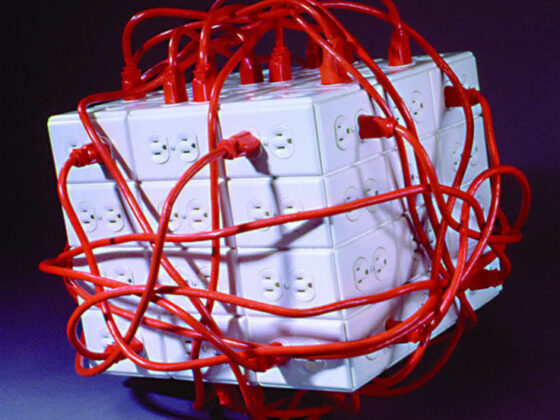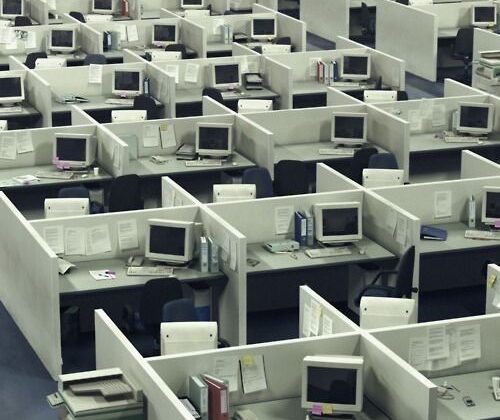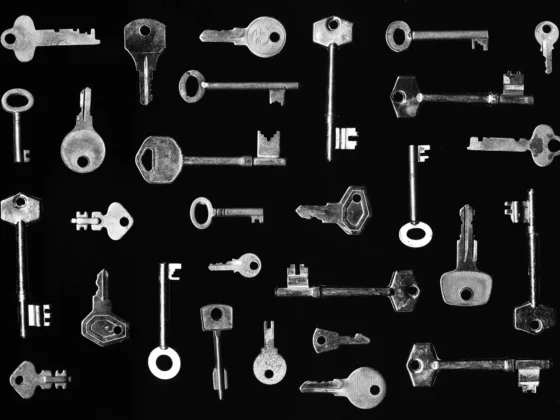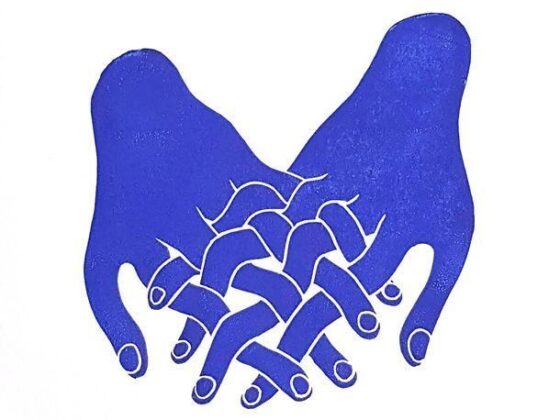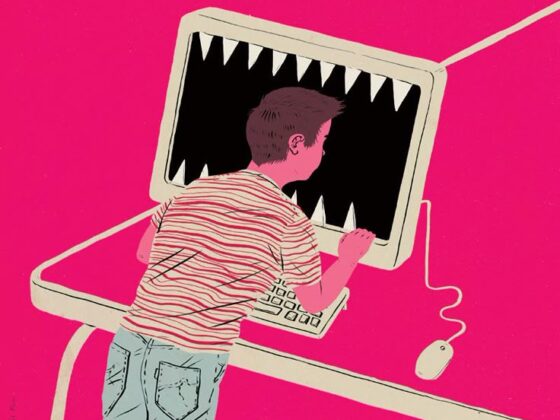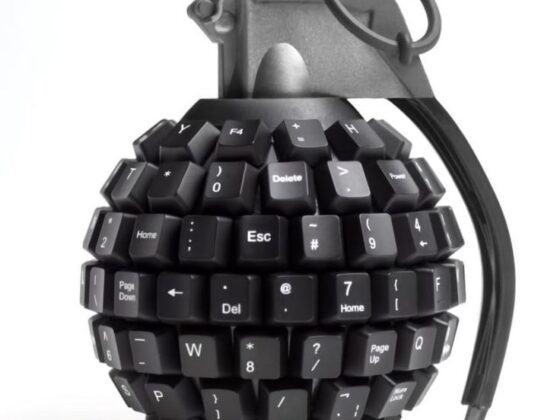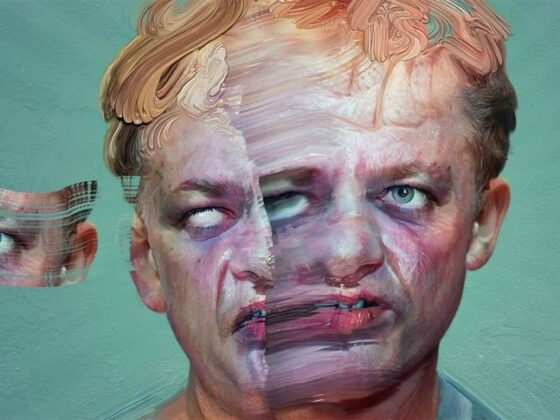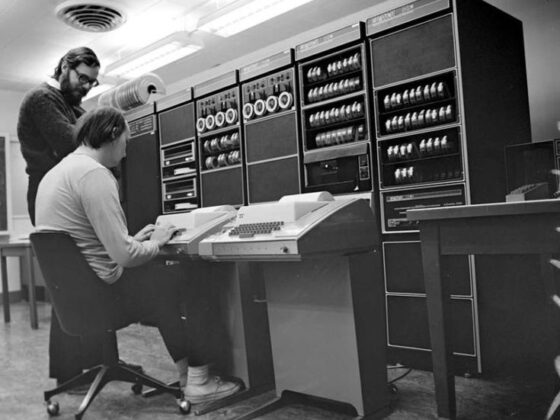For years, we treated the digital world as something separate from the real one. There was “cyberbullying” and “cybercrime,” as if they were somehow different from bullying and crime. But the truth is, that line has disappeared. What happens online is real—it affects reputations, economies, and even lives.
Cyberbullying isn’t just digital harassment; it ruins mental health, destroys careers, and in some cases, leads to tragedy. Cybercrime isn’t just stolen data; it’s financial ruin, corporate sabotage, and national security threats. And cyberwar? That’s just war—except now, it’s fought with lines of code instead of bombs.
This shift isn’t just linguistic; it’s existential. We no longer “go online”—we exist there, seamlessly, at all times. Our homes, our cars, our cities are all woven into the internet, and that means digital attacks have real-world consequences. A hacked power grid can shut down an entire nation. A manipulated algorithm can sway an election. A deepfake can rewrite history in real-time.
The age of cyber didn’t truly begin when we connected everything to the internet. It began when we stopped seeing the digital world as separate from our own. And if we don’t adapt—if we don’t secure this new reality—we won’t just lose control of the internet. We’ll lose control of the world itself.

